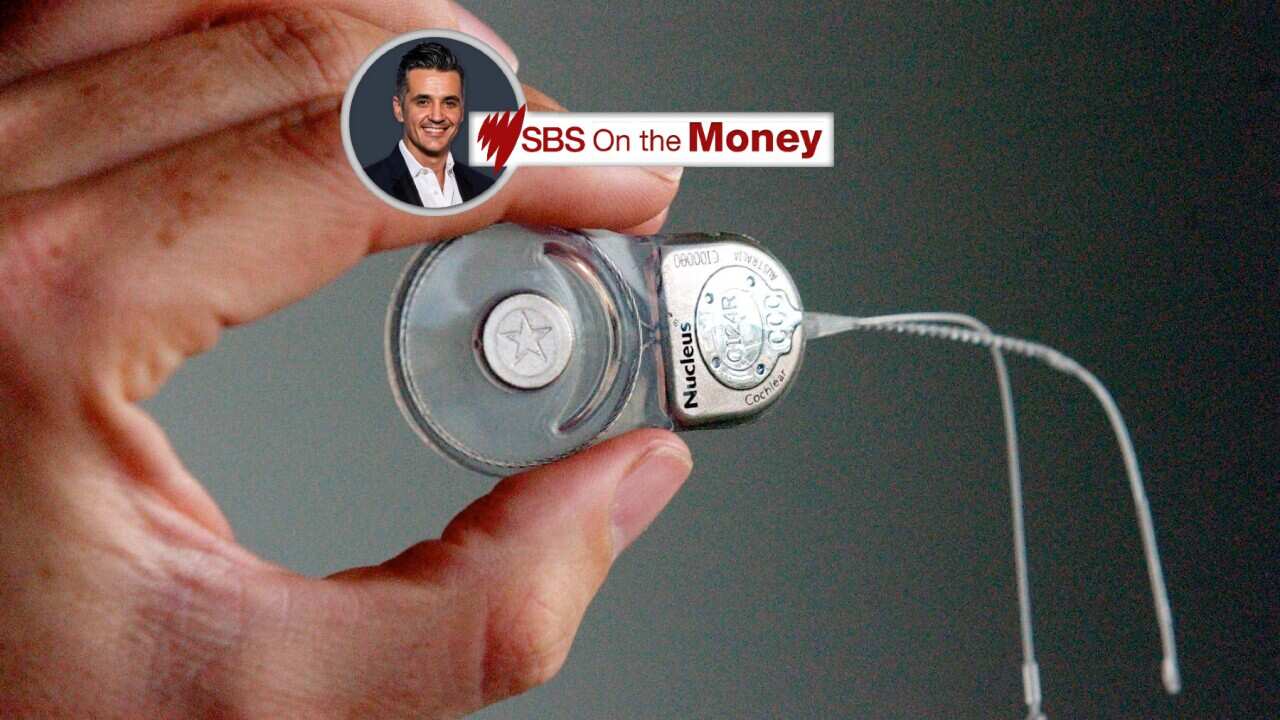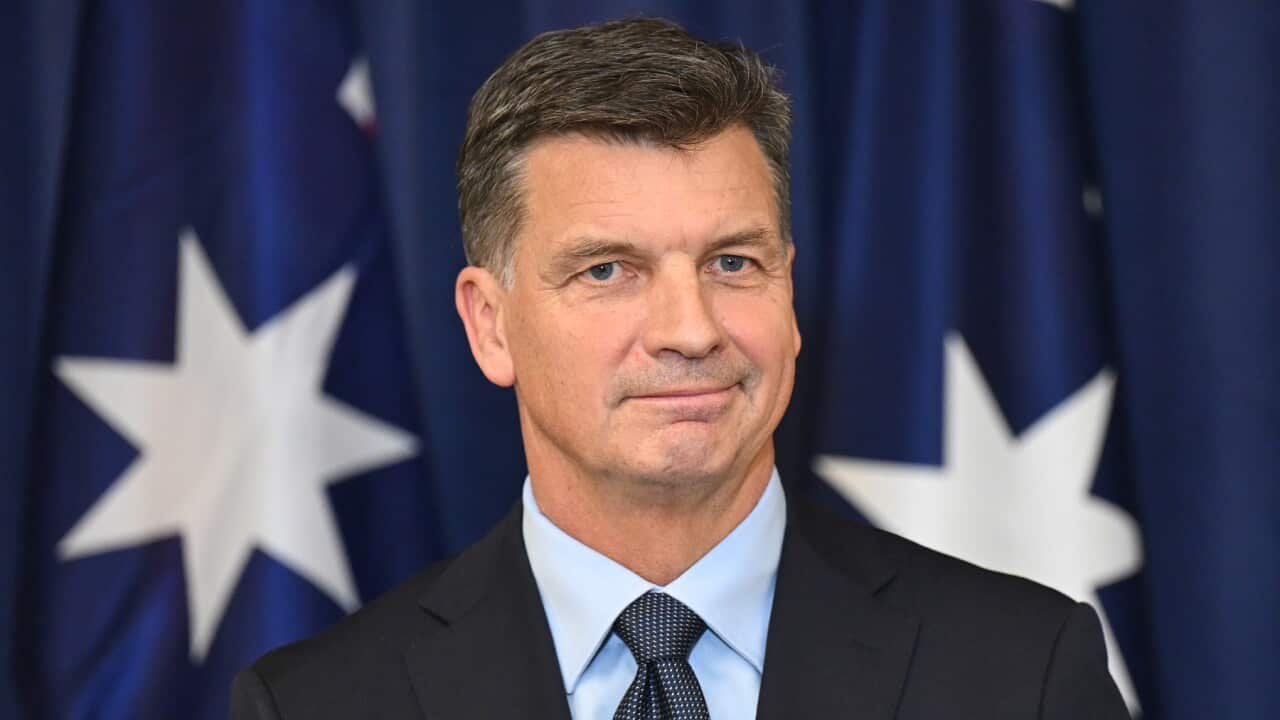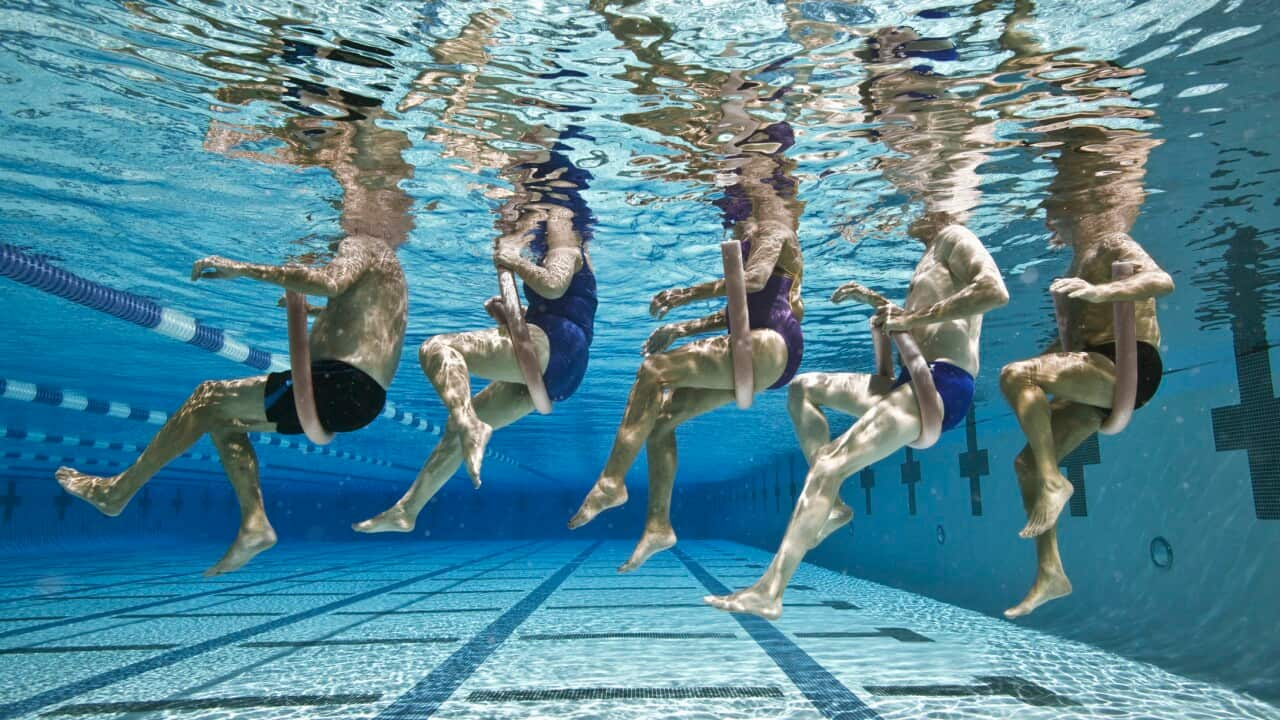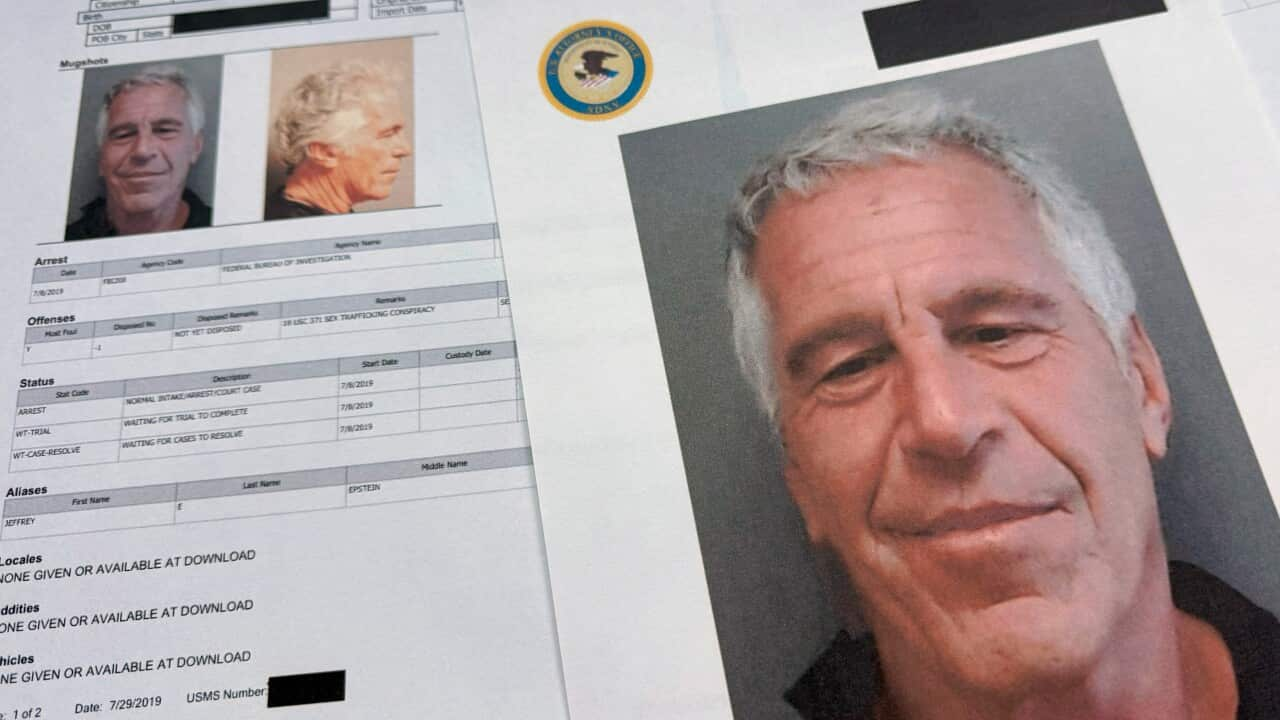Listen to Australian and world news, and follow trending topics with SBS News Podcasts.
TRANSCRIPT
When it comes to cleaning up food waste, startup founder Olympia Yarger is proud to have developed a technical system to convert waste into useable products – with insects.
"We're using black soldier fly larvae so they technically are maggots, which makes everyone a little bit squeamish. But these are a really great insects because they consume food waste as their job and they're a non vector, non pest species. So they're very easy to farm without risk."
At the GOTERRA factory in Sydney’s west, insects are growing fat on left over food. And while farming fly larvae isn’t for everyone – Ms Yarger says she’s found her niche!
"When it comes to maggots in a box, managing food waste and delivering a protein in the world, we’re number one."
It’s a win-win for GOTERRA, the insects pump out fertiliser for farms.
As chief sustainability officer Justin Frank explains, at the end of their life cycle the larvae are sold as chicken feed.
"The chickens love it. They're designed to eat larvae and bugs, so they love it. It's really good for their gut health, but it's also full of amino acids that helps them produce eggs."
And there’s no shortage of food waste to process, with more than 7.6 million tonnes dumped every year.
Dr Lisa Bai is a research fellow at the University of Queensland's School of Chemical Engineering – and a food waste expert.
"(It's) costing the Australian economy around 36 billion every year. to each household it's probably causing us to waste about $2,500 every year. That's really a shocking number!"
State governments are taking action around household waste. In several states, including NSW, businesses will soon be asked to step up, too!
Alexandra Geddes is executive Director Programs and Innovation at the New South Wales Environment Protection Authority or EPA.
"Next year there are new rules coming in for food recycling and for reducing the amount of food waste that ends up in our landfills. From the 1st of July, 2026, large food generating businesses such as hospitality venues, educational institutions, correctional centres, and supermarkets will need to separate their food waste from their general waste. By 2030 all households across New South Wales will need to separate their waste."
Why the new rules? Well, Ms Geddes says we’re simply running out of room.
"There is a landfill crisis. We will be running out of landfill capacity by 2030. We know that between a quarter and a third of the waste generated is food waste. We need to keep this out of landfills."
Advocates say halving food waste by 2030 could deliver a $58 billion net benefit to the economy – but there are challenges, too as Dr Bai explains.
"The biggest growing problem for food waste treatment and management is contamination. Contamination levels are rising. We're not just finding metals and glass in the waste, we're also seeing in PFAS and microplastics accumulating in this waste. And this is introducing a real risk."
Which is why we all need to clean up our act, according to the EPA’s Ms Geddes:
"The rules are incredibly clear. It's only food waste and food scraps that goes into source separation for food, no plastics, no metals, nothing else. And we know that our communities are adopting this at the household level. And we know that this is what businesses are going to do when mandates come in from next year because it's so important to keep a clean stream of organic material to be used in items like compost."
Sorting plastic from food is a slow process, but Ms Geddes says every repurposed kilogram helps the environment.
"When food waste degrades in a landfill, it releases methane. Methane is a greenhouse gas 24 times stronger than carbon dioxide. So there are real benefits to reducing emissions by separating our food and allowing it to be turned into compost."
Sheep farmer turned entrepreneur Olympia Yarger says extracting value from food waste is also good business.
"We were one small bucket in my garage in 2016 and we're now seven sites in four states in Australia today. So in nine years we've expanded quite considerably. Australia's trying really hard across the state and federal governments to look at their infrastructure for waste and find ways to improve or invest in recycling and opportunities to lift our ability to pull stuff out of landfill. And so if we can leverage technology to create a circular economy there, then we win at both ends of our value chain."













